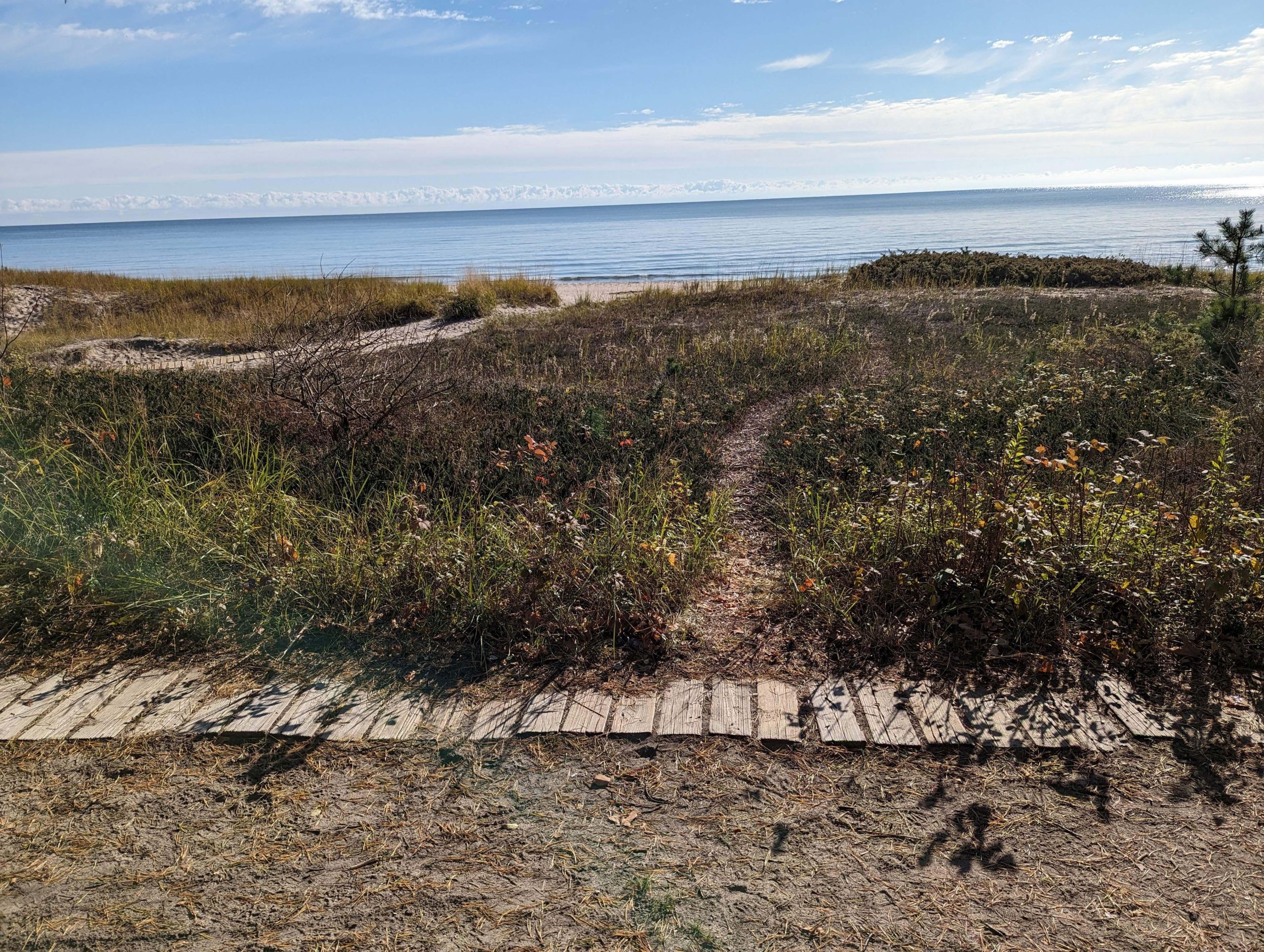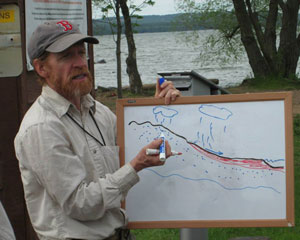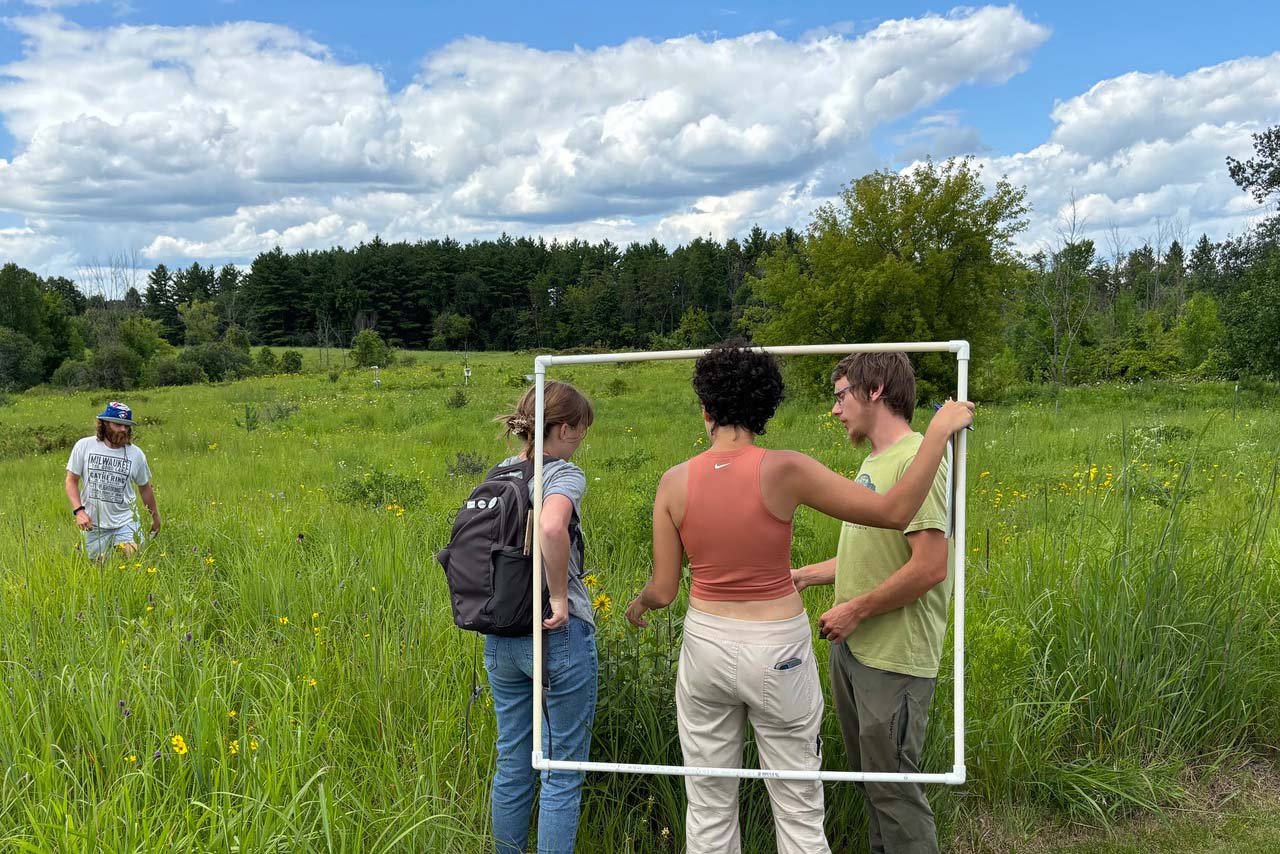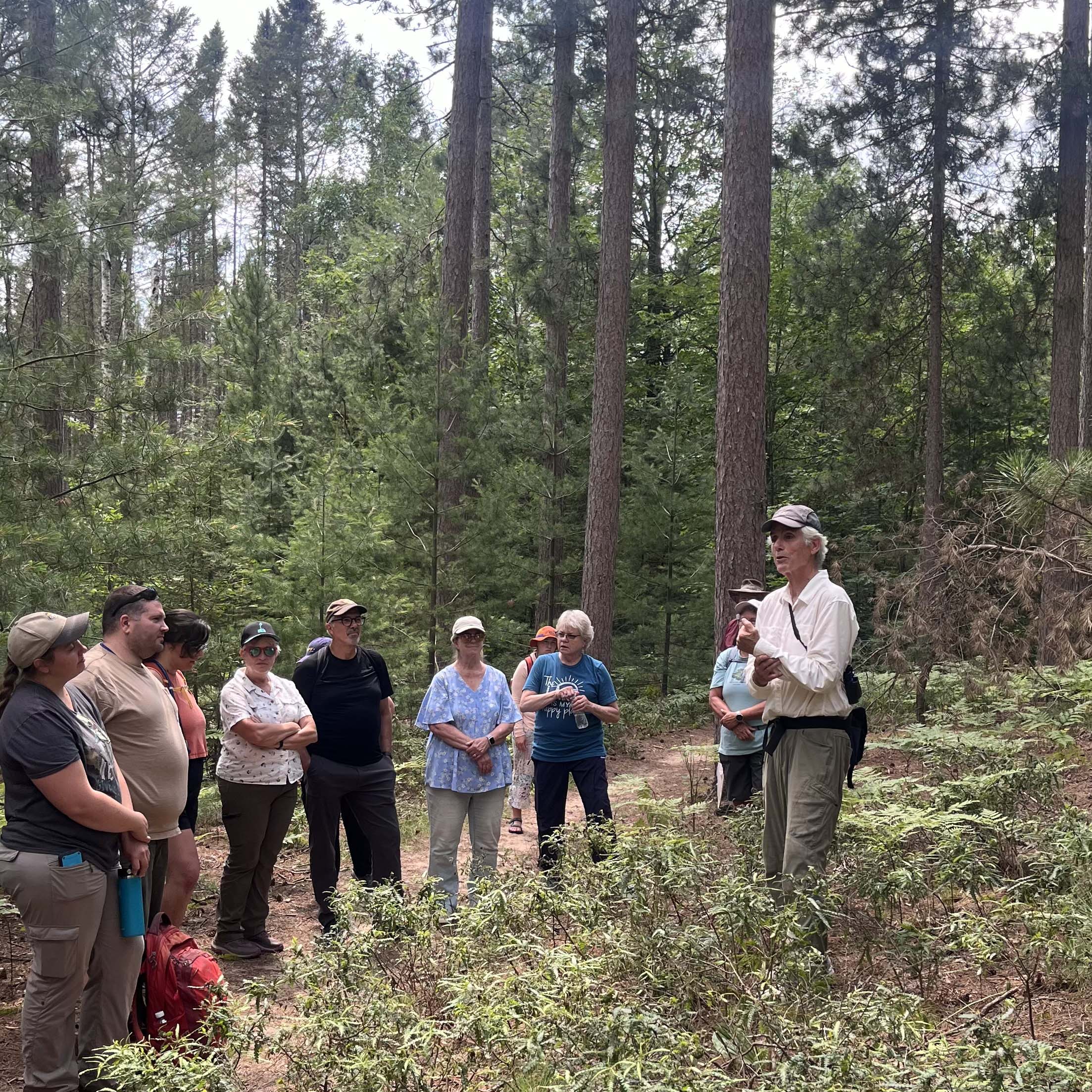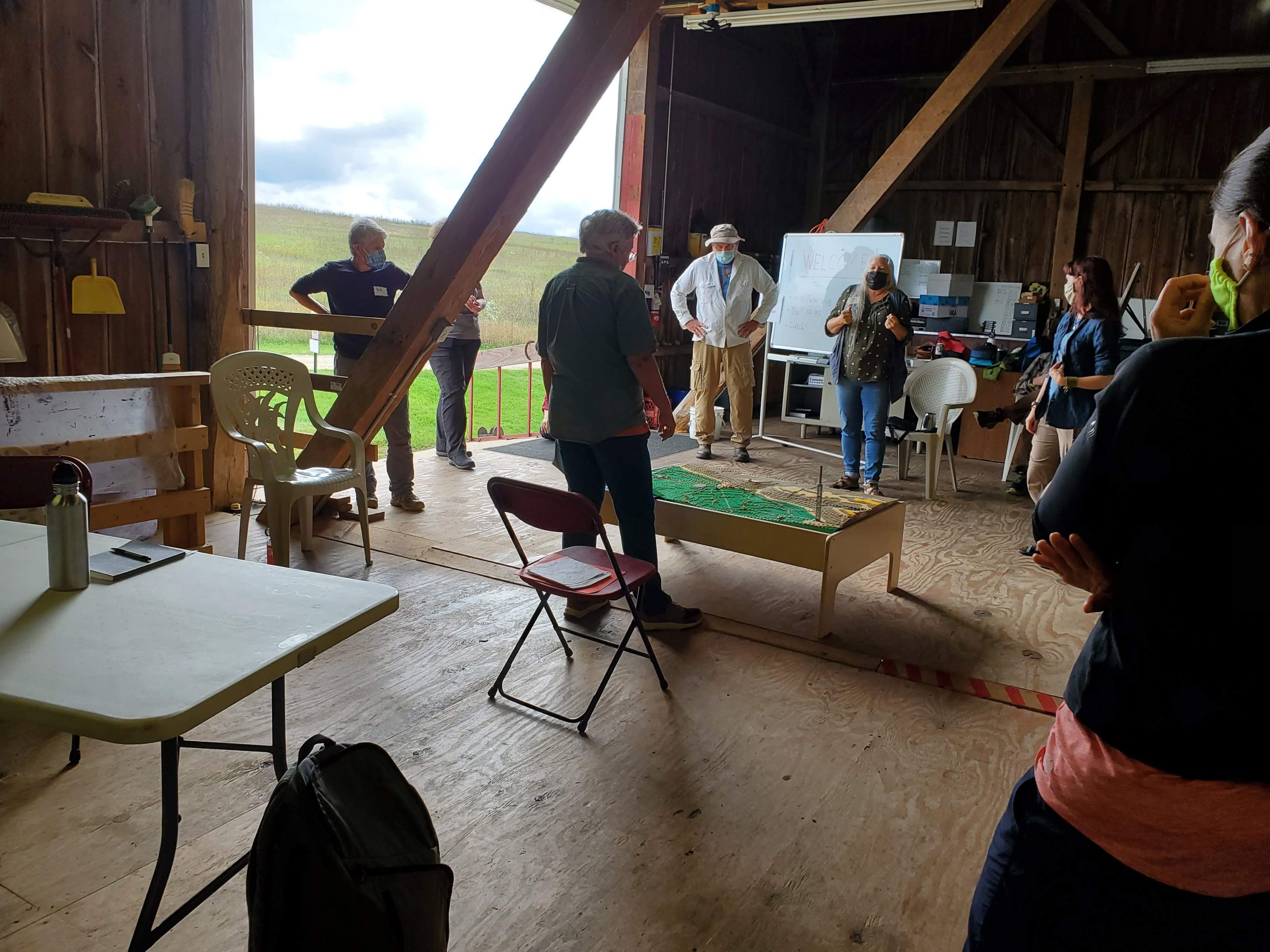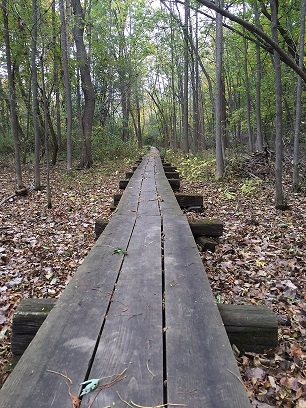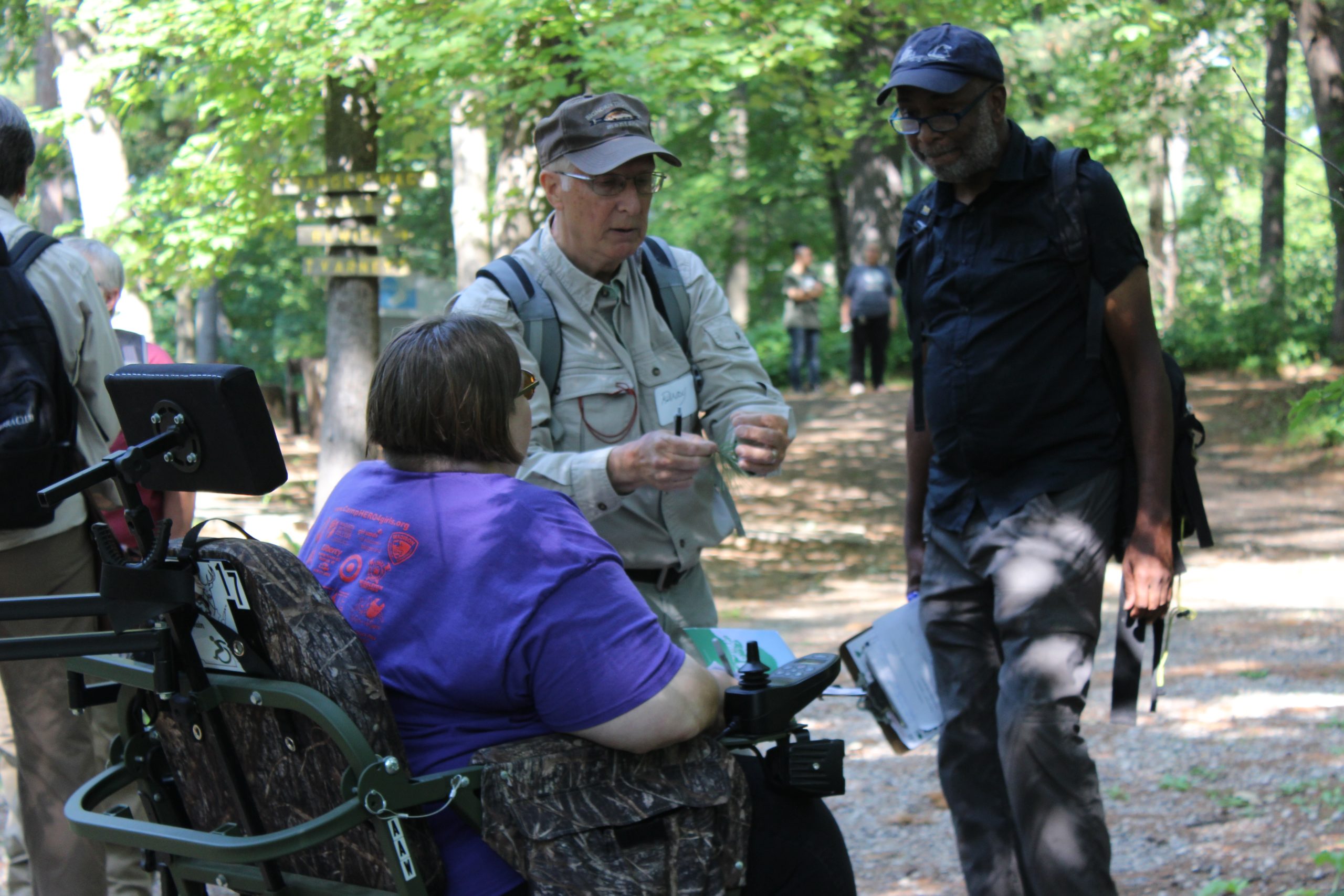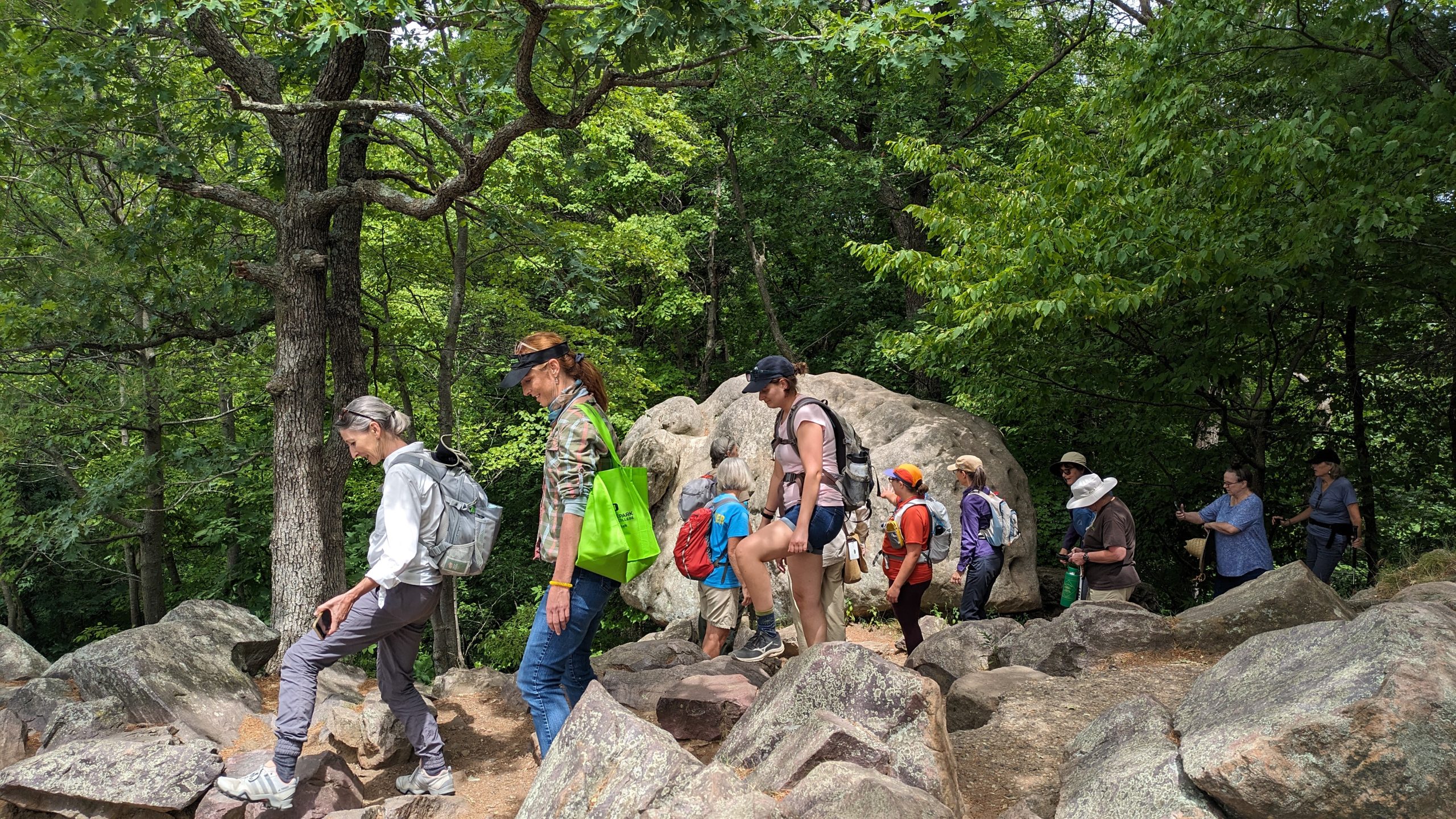Bong Naturalist Association, a local Friends of Wisconsin organization affiliated with the Richard Bong State Recreation Area (RBSRA) located in Kenosha County, is hosting this training focused on learning about nature education, nature restoration, and connecting natural communities. We will cover geology, water and plant communities, wildlife, ecology, climate and weather, natural history, human connections, and how Master Naturalists can use their new knowledge in our community. The training includes mostly hands-on outdoor experiences and interactions with expert guest speakers, with some indoor instruction.
RBSRA includes over 4,500 acres of remnant and restored prairies, savannas, oak woodlands, old field grasslands and wetlands. It is home to native and migratory birds, wildlife and fish and offers unique recreation opportunities such as dog training, model airplane flying, rocketry, falconry, and hunting. The recreational aspects are managed and co-exist with the rare species and habitats. RBSRA is easily accessible to urban communities; our mission is to serve people of all ages and abilities.
The Wisconsin Master Naturalist program is a network of well-informed volunteers dedicated to conservation service, leadership, and lifelong learning. The Master Naturalist training provides 40 hours of education in a variety of natural history topics and Master Naturalist service areas. Through expert-led trainings, Master Naturalists are equipped to address challenges facing the state by making positive impacts through stewardship, citizen science, and educational activities. Trainings have an emphasis on outdoor field experiences with some classroom instruction and are taught by professional natural resources educators and scientists. Once trained, Wisconsin Master Naturalists record 40 hours of service and 8 hours of advanced training each year to maintain certification and receive a recognition pin.


